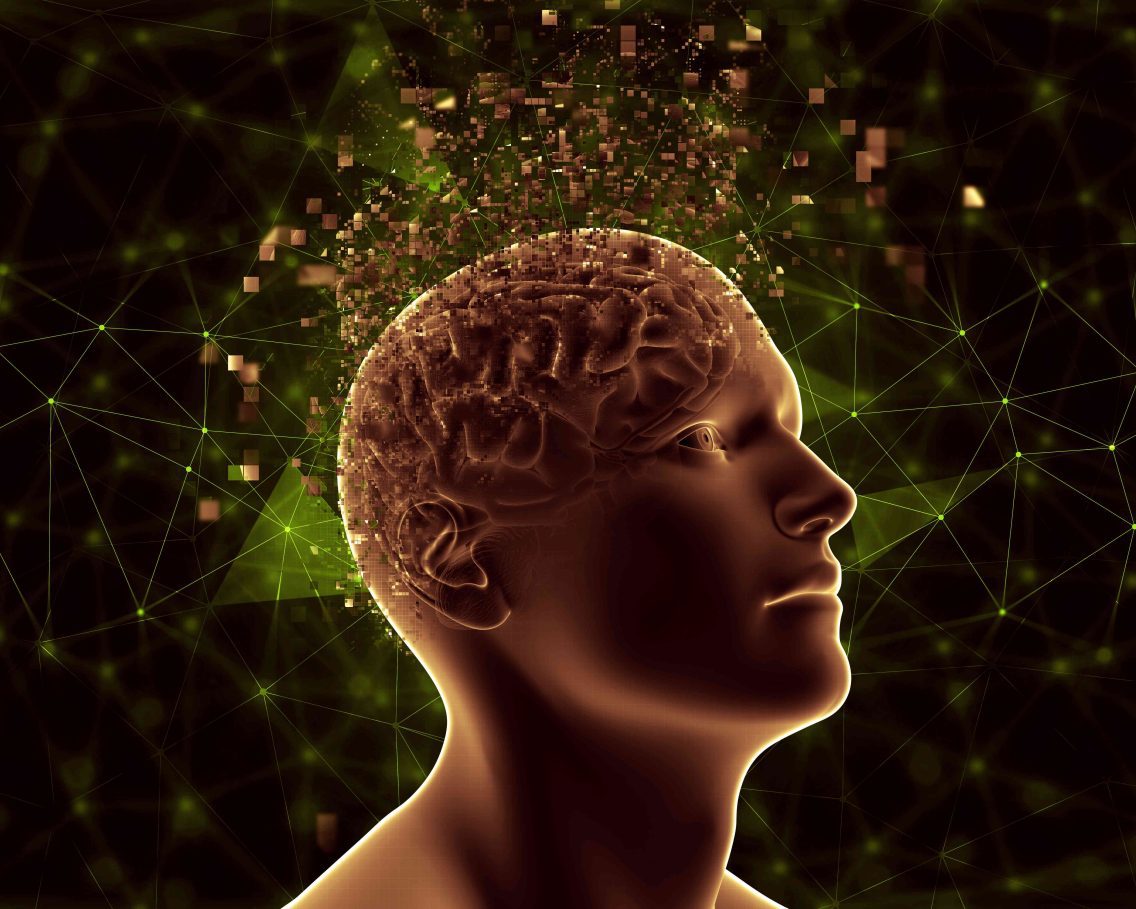Brain Vibrations: Causes & Treatment Options

Have you ever experienced the sensation of subtle vibrations within your own head?
A curious and often puzzling phenomenon, these “brain vibrations” have captured the attention of many, sparking questions about their origins and potential implications.
In this blog post, we will formally discuss brain vibrations, potential causes and factors, and possible ways of treating these brain vibrations.
So, what are we waiting for?
Let’s get the ball rolling:
What Are Brain Vibrations Or Brain Zaps?
The term “brain shakes” might refer to a subjective sensation that some individuals report experiencing.
It could potentially describe a feeling of brief, often rhythmic, sensations or vibrations in the head or brain, similar to the sensation of “brain freeze” that some people experience when consuming cold foods or drinks quickly.
These sensations might also be described as “brain zaps.”
In some cases, people have reported experiencing these sensations when discontinuing certain medications, particularly antidepressants or other drugs that affect neurotransmitter levels.
“Brain zaps” or “brain shakes” could be described as a withdrawal symptom associated with the abrupt discontinuation of such medications.
What Are The Causes Of Brain Shakes?
There are a couple of causes of brain vibrations, and we are about to discuss the top few of them:
Medication Withdrawal
Some individuals who have discontinued certain medications, particularly antidepressants and other psychiatric drugs, have reported experiencing sensations commonly referred to as “brain shakes” or “brain zaps.”
These sensations are often described as brief electrical-like jolts or vibrations in the head or brain.
It’s believed that these sensations might be associated with changes in neurotransmitter activity as the brain adapts to the absence of the medication.
Neurological Hypersensitivity
Some researchers speculate that certain individuals may have a heightened sensitivity to changes in brain chemistry, which could lead to sensations like “brain shakes.”
These individuals might be more prone to experiencing neurological symptoms in response to various stimuli.
Anxiety or Stress
Intense anxiety or stress could manifest in physical sensations, including sensations that might be described as “brain vibrations or zaps.”
Stress and anxiety can affect neurotransmitter activity and overall brain function, potentially leading to unusual sensations.
Related: Can stress cause spotting?
Migraine Auras
Migraines can sometimes involve neurological symptoms known as auras, which can include sensations like tingling, visual disturbances, and even sensations in the head. In some cases, these sensations might be described as “brain zaps.”
Electrolyte Imbalance
Imbalances in electrolytes or other essential minerals could affect nerve function and lead to unusual sensations that could be “brain vibrations.”
What Are The Symptoms Of Brain Vibrations/Brain Zaps?
Here are some common characteristics of brain zaps as reported by individuals:
Sensation of Jolts or Zaps
The primary sensation associated with brain zaps is the feeling of sudden jolts or zaps that may originate in the head and travel down the body. These sensations are often described as similar to an electric shock, tingle, or shiver.
Duration and Frequency
Brain vibrations are typically brief and transient, lasting only a few seconds. They may occur infrequently or multiple times in a short period.
Auditory and Visual Phenomena
Some individuals also report experiencing auditory symptoms, such as hearing a “whooshing” sound or a noise similar to the sound of electricity.
Visual disturbances, such as flashes of light or a flickering sensation, have also been reported alongside brain zaps.
Dizziness and Disorientation
Feelings of dizziness, lightheadedness, or a sense of disorientation may accompany brain shakes.
Related: Why does my head feel heavy?
Headaches
Some people experience headaches or migraines in conjunction with brain zaps.
Mood Changes
Mood changes, such as irritability, anxiety, or mood swings, are often reported during withdrawal from medications that can cause brain vibrations.
Physical Discomfort
Brain zaps can be uncomfortable and distressing, leading to difficulty concentrating, disrupted sleep, and overall discomfort.
How To Treat Brain Zaps Or Brain Vibrations?
If you’re dealing with brain vibrations, here are some strategies that you might consider:
1. Taper Medication Gradually
If brain zaps are a result of medication withdrawal, one effective approach is to gradually taper off the medication under the supervision of a medical professional.
Slowly reducing the dosage can help your body adjust more smoothly and potentially reduce the severity of withdrawal symptoms.
2. Stay Hydrated and Maintain Nutrition
Ensuring you’re well-hydrated and maintaining a balanced diet can contribute to your overall well-being and potentially help alleviate some symptoms of brain shakes.
3. Support Groups or Therapy
Connecting with others who have experienced similar withdrawal symptoms can provide emotional support. Additionally, therapy, such as cognitive-behavioral therapy (CBT), can help you develop coping strategies to manage discomfort.
4. Manage Stress and Anxiety
Engaging in stress-reduction techniques, such as mindfulness, meditation, deep breathing, and gentle exercise, may help manage stress and potentially reduce the frequency or intensity of brain zaps.
5. Stay Active
Engaging in regular physical activity can have a positive impact on mood and overall well-being. Consult your healthcare provider before starting any new exercise routine.
6. Stay Well-Rested
Prioritize getting enough sleep and maintaining a regular sleep schedule. Poor sleep can exacerbate withdrawal symptoms.
7. Distract Yourself
Engaging in activities is one of the best ways to treat brain vibrations, as activities take your mind off the sensations and reduce your focus on them.
Final Verdict
These subtle oscillations within the head have captured the curiosity of many, spurring scientific investigation and inspiring contemplation.
While we have yet to unlock the secrets of brain vibrations fully, experts’ ongoing research and collaborative efforts promise a future where we gain a deeper understanding of this intriguing sensation.
And if you’re dealing with brain vibrations, let’s make use of the treatment options and say goodbye to brain shakes once and for all.









